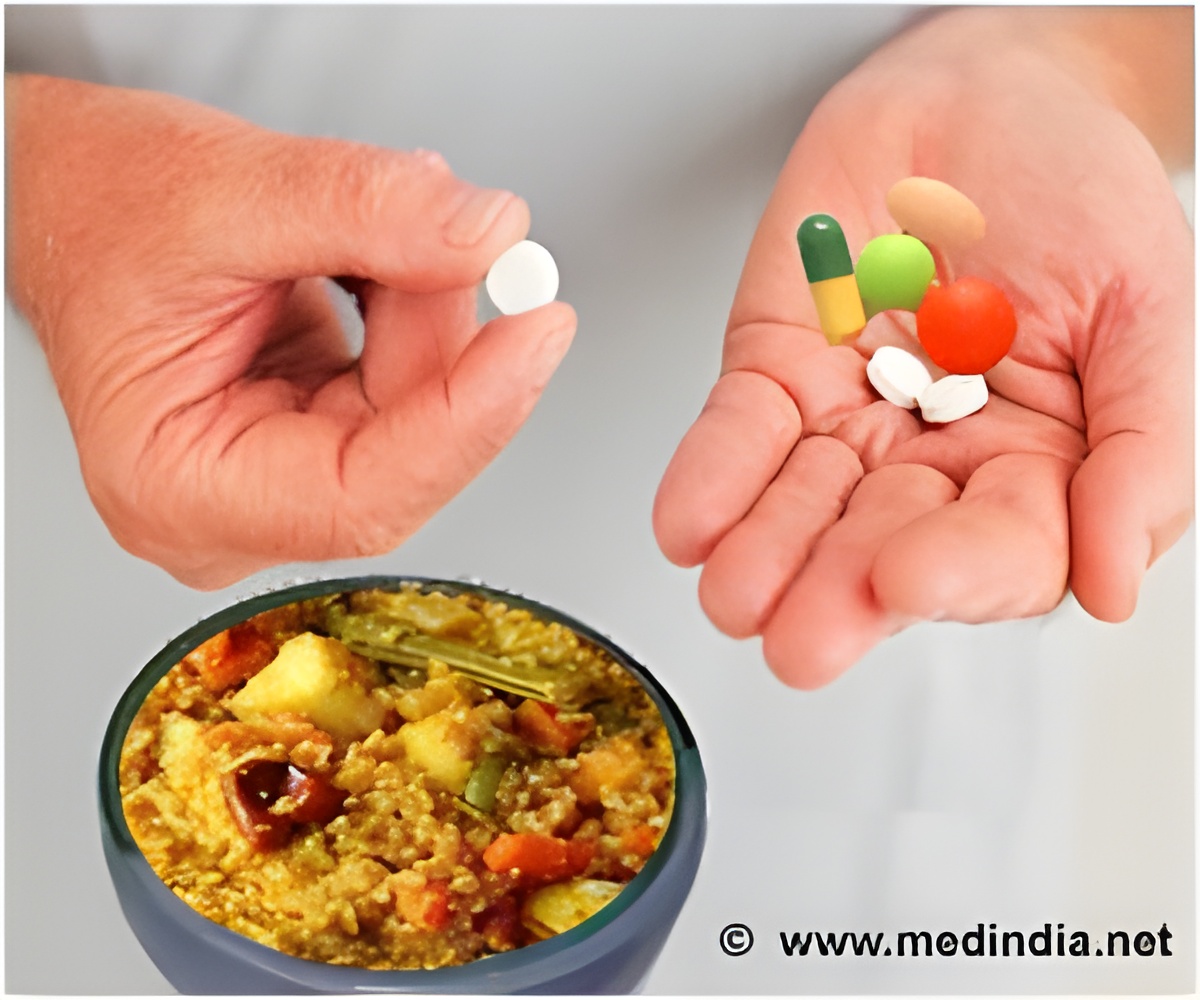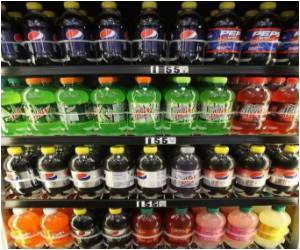Some anticancer drugs like lapatinib are better absorbed in the presence of food in the digestive tract.

Bioavailability of a Drug:
When a drug is administered intravenously (injected directly into the vein), the entire amount reaches the target organ via the blood. However, when a drug is administered orally, a number of factors reduce the total amount of drug finally reaching the circulation and exerting its effect. The amount of drug that reaches the circulation is called bioavailability of the drug.
When a tablet is taken orally, it first has to dissolve in the stomach and intestinal juices. It then gets absorbed through the lining of the intestines or the stomach in some cases to reach the blood. The blood carries it to the liver, where some amount of the drug may be destroyed. Finally, the drug reaches the circulation, from where it goes to the target organ.
Thus, a number of factors can interfere with the bioavailability of a drug. Food is one such factor. Many drugs are advised to be taken in a fasting state. This is because food reduces the absorption of these drugs, and thereby the total amount available to take effect. In the case of some drugs however, presence of food in the stomach actually increases the total amount absorbed. These drugs include griseofulvin, mebendazole and halofantrine. These drugs are advised to be taken with meals.
Oral Anticancer Drugs:
Most oral anticancer drugs are advised to be taken in the fasting state. One would presume that food reduces the bioavailability of these drugs. This is true for some drugs, for example sorafenib.
Taking oral anticancer drugs with increased bioavailability along with food has the following advantages:
· Since more drug is absorbed into the blood, the total amount of unabsorbed drug in the digestive tract is reduced, thereby reducing digestive tract side effects.
· The dose of the drug can be reduced; thus drug wastage is reduced and treatment becomes more cost-effective.
· Associating the timing of the dosage with a meal may serve as a reminder for the patient to take the drug.
It is hoped that the FDA will consider the unnecessary wastage of oral anticancer drugs caused by taking them in fasting state and will review the guidelines for taking these medications.
Reference:
1. Soonmo Peter Kang and Mark J. Ratain. Inconsistent labeling of food effect for oral agents across Therapeutic Areas: Differences between Oncology and Non Oncology Products. Clin Cancer Res 2010;16:4446-4451
2. Mark J. Ratain. Flushing Oral Oncology Drugs Down the Toilet. Journal of Clinical Oncology, Vol 29, No 30 (October 20), 2011: pp 3958-3959
Source-Medindia















